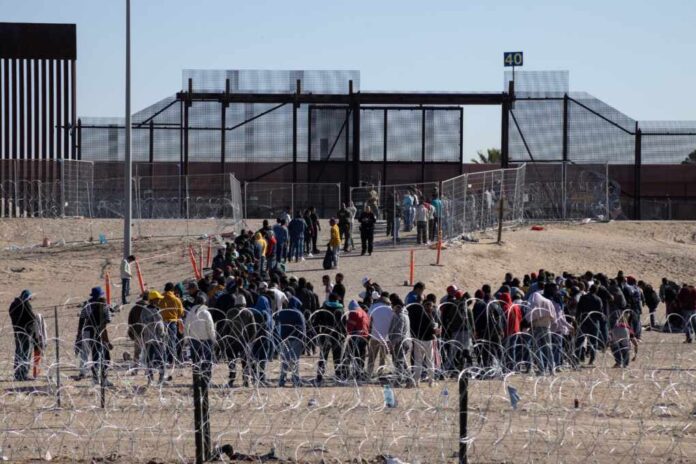
When outrageous hoaxes become the strategy for sympathy, it’s time to question who really suffers in the immigration debate.
At a Glance
- Undocumented immigrants allegedly staged “kidnapping” and deportation hoaxes.
- Investigations debunked claims, revealing false narratives and fraud.
- Hoaxes divert law enforcement resources and erode public trust.
- Calls for stricter verification of claims in immigration enforcement.
Staging Sympathy: A New Trend in Immigration Hoaxes
In an age where media narratives can make or break public opinion, undocumented immigrants are reportedly staging hoaxes to gain sympathy and financial support. Recently, two high-profile cases have emerged, raising eyebrows and questions about the integrity of such claims. These incidents involve supposed “kidnappings” and deportations that were later proven to be fabrications, all in the name of garnering attention and soliciting donations.
Watch: Migrant charged for staging fake ICE kidnapping scheme
The first case involves Luis Leon, an 82-year-old Chilean who was allegedly detained and deported by ICE after a green card appointment in Philadelphia. However, after a thorough investigation by DHS and ICE, no records were found of his detention or deportation. Furthermore, a death certificate from Chile revealed that a man of the same name and birthdate had died in 2019. The media frenzy fizzled out as Leon’s family ceased communication upon these revelations.
Watch: Undocumented California woman charged with faking her own kidnapping | FOX 11 LA
The Calderon Fabrication: A Tale of Falsehood
In another brazen case, Yuriana Julia Pelaez Calderon’s family claimed she was kidnapped by masked men and handed over to ICE, who then allegedly abused her. A GoFundMe campaign was launched to rally financial support. Yet, once again, investigations by the DOJ and Homeland Security Investigations debunked these claims. Surveillance footage and phone records confirmed the story was fabricated, orchestrated by Calderon and her family to manipulate the public for donations and media attention.
Calderon now faces federal charges for conspiracy and making false statements. This case not only underscores the lengths some are willing to go for financial gain but also highlights the critical need for rigorous fact-checking in today’s media landscape.
The Consequences of False Claims
These hoaxes have far-reaching implications. Public trust in both media and immigration authorities takes a hit, leaving genuine claims of abuse or misconduct shrouded in skepticism. When resources are diverted to address false claims, responses to legitimate cases are delayed, which can have serious consequences for those truly in need.
In the long term, incidents like these could lead to stricter verification processes for claims related to immigration enforcement. This could influence policy discussions, emphasizing the need for transparency and accountability. Moreover, media outlets that fail to fact-check such stories risk damaging their credibility, further eroding public trust.

























